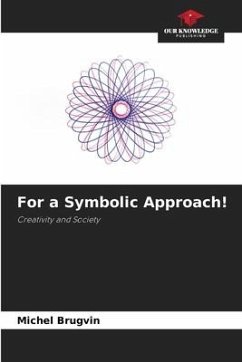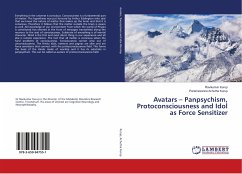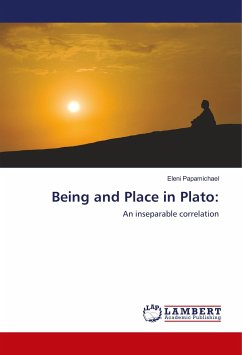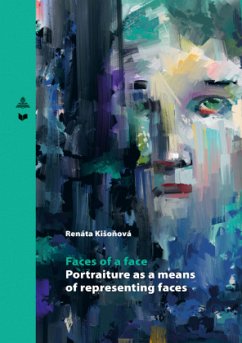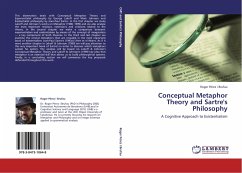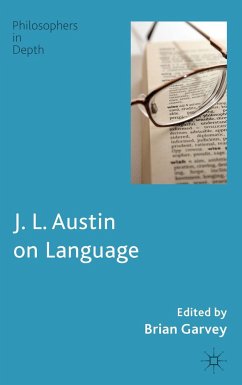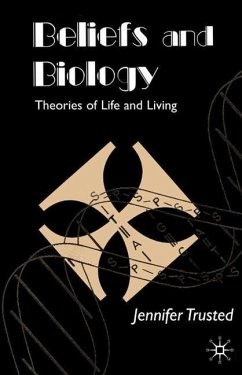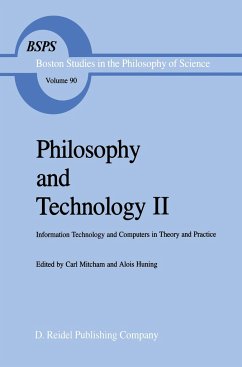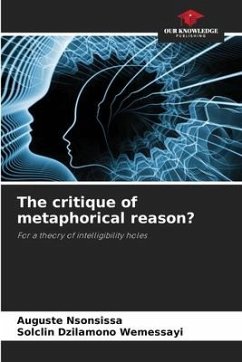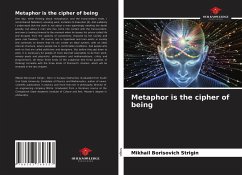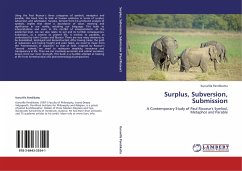
Surplus, Subversion, Submission
A Contemporary Study of Paul Ricoeur's Symbol, Metaphor and Parable
Versandkostenfrei!
Versandfertig in 6-10 Tagen
52,99 €
inkl. MwSt.

PAYBACK Punkte
26 °P sammeln!
Using the Paul Ricoeur's three categories of symbols, metaphor and parable, this book tries to look at human existence in terms of surplus, subversion and submission. Surplus, derived from his profound analysis of symbols, implies that there is abundance of value, meaning and significance in our reality, including our language. This leads to interpretations and even to the conflict of interpretations. At the existential level, we can also relate to evil and its terrible consequences. Subversion, as a protest to protect life, is intrinsic to parables, as understood by John Crossan and Ricoeur. ...
Using the Paul Ricoeur's three categories of symbols, metaphor and parable, this book tries to look at human existence in terms of surplus, subversion and submission. Surplus, derived from his profound analysis of symbols, implies that there is abundance of value, meaning and significance in our reality, including our language. This leads to interpretations and even to the conflict of interpretations. At the existential level, we can also relate to evil and its terrible consequences. Subversion, as a protest to protect life, is intrinsic to parables, as understood by John Crossan and Ricoeur. There are very many elements to be demolished, destroyed and deconstructed. After having taken the path of subversion and having fought and even fallen, we need to move from the "hermeneutics of suspicion" to that of faith. Inspired by Ricoeur's "second naiveté," we need to rediscover simplicity, innocence and transparency in life. Then we can creatively surrender and submit ourselves, drawnfrom our inner strength. This book is a humble attempt at looking at life from hermeneutical and phenomenological perspectives.



